In mid-February, the Tunisian President Kais Saied was widely criticized after he misused the name of a 10th-century Persian philosopher to justify his dissolution of the country’s Supreme Judicial Council. At a meeting of ministers in Carthage Palace, the embattled premier had described Ibn Miskawayh, a thinker and historian from Robat Karim in Tehran province, as an “Arab” jurist.
“I again stress that the judiciary is an obligation, not a position from which to misuse power,” Saied said. “Judges are all subject to the law, there can be no state outside the Tunisian state, and whomsoever claims to know better I would refer to what has been written in Arab thought by Ibn Miskawayh. That will make you consider what justice is, and how it is achieved.”
President Saied’s publicly-stated admiration of a man linked to the Buyid Dynasty, an Iranian Shia dynasty that ruled over much of Iraq and central and southern Iran from 934 to 1062AD, provoked angry reactions across the spectrum during a period of political tumult.
The head of Tunisia’s Free Constitutional Party, Abeer Moussa, declared at a protest in the Tunisian capital that the country had “moved from Brotherhood political Islam [a reference to Tunisia’s Sunni-led Ennahda Movement] to Iranian political Islam.” He futher lambasted Saied’s professed admiration of Ibn Miskawayh, whom he described as “a religious fundamentalist figure who props up extremist ideals".
Distrust of Iranian Embassy and Cultural Center in Tunis
This fracas came at a time when opponents of the Tunisian president were already accusing him of paving the way for Shiite politicians’ greater influence in Tunisia. Saied has been accused of covering up a growing rapprochement with Tehran in order to preserve relations with the Arab Gulf states and Western countries.
In recent months, many non-Shia observers have expressed alarm about what they see as creeping Iranian influence in domestic politics. A long-established journalist inside Tunisia, who spoke to IranWire on the condition of anonymity, said they had observed a “clear increase” in the influence of Shiite politicians over Kais Saied and his inner circle. They added that Nawfal Saied, the president’s brother, “is in charge of the relationship with Iran, and is the one who played the principal role in introducing more Shiites into the president's administration."
The reporter said the cultural office of the Iranian Embassy in Tunis had been “sending ‘cultural missions’ to religious seminaries in Ian and Iraq and conducting seminars to introduce the Islamic Revolution and its purpose. Shiite organizations in Tunisia deny any involvement with Iran, but these institutions get funding from the embassy. Their workers constantly visit Iran and Iraq and meet with clerics and politicians.”
The Tunisian writer Muhammad Bin Younes, who specializes in Islamic affairs, took a slightly different view: "Shiites have not attained powerful positions in the [Tunisian] state. But Iran may be seeking to spread political Shiism through the [Tunisian militia group] Hashd al-Shaabi, which wants to participate in the upcoming elections." He further alleged that the Iranian Cultural Center in Tunis wanted “to sow the seeds of division among the Tunisian people.”
Ahl al-Bayt Center: Accusations Have a Long Precedent
Despite the disquiet expressed by some Sunni Muslims, Shiite figureheads inside Tunisia see nothing wrong with the opening-up of the political arena to a more diverse set of beliefs. “Tunisia’s Shiites have political ambitions like any other citizen,” said Ahmad Salman, director of the country’s Ahl al-Bayt Center. “They join political parties they see fit, and they elect whoever they think is best. It’s important not to lose sight of the fact that the Shiites of Tunisia are Tunisian citizens. It is their right, and the right of every citizen to take part in political life under the law, and under the constitution guarantees these rights.”
Though detailed statistics are sparse, Shia Muslims are thought to constitute less than one percent of Tunisia’s 12 million-strong population in a country where the official religion is Sunni Islam. The current, fraught situation has given rise to reports that some are facing heightened levels of discrimination.
Putting the current anxieties in context, Salman told IranWire that the practice of accusing Shiites the world over of being loyal to Iran dates back centuries – all the way, in fact, to the Abbasid Caliphate from 750 to 1258AD, when Shiites under Abbasid rule were vilified for perceived loyalty to the Fatimids in North Africa.
He stressed that in his view, Tunisian Shiites had nothing to do with the Islamic Republic of Iran. “I’m constantly reiterating this: Iran is a Shiite state, its official doctrine is Shiism. But as a state, it does not represent Shiites but rather its own citizens, including Sunnis, Shiites, Christians, Jews, and other religions and sects. The Iranian embassy in any country is on a diplomatic mission, and it is wrong to link it to ‘spreading Shiism’.”
The presence of Shiites in Tunisia dates back to the first century of Islam, when 8th-century Muslim scholar Imam Ja'far al-Sadiq, the sixth Imam in Twelver Shiite mythology, sent missionaries to Tunisia to spread the doctrine of Ahl al-Bayt. The city of Nefta in southwest Tunisia came to be known as “Little Kufa” – a reference to a city in Iraq with an overwhelming Shia majority – because it was a hub for Shiite scholars who shared their beliefs in countries across North Africa. More recently, in the latter half of the 20th century, Shiism in Tunisia was re-energized by a series of texts published by Sayyid Muhammad al-Tijani al-Samawi, a Tunisian ex-Sunni convert to Twelver Shiism.
Salman pointed out that the new 2014 Tunisian Constitution, adopted after the democratic revolution of 2011, had guaranteed freedom of religion to its subjects. As such, he said, “Shiites then began to appear in public and practice their faith without fear of persecution,” he said. Rather than being planted by Tehran, he told IranWire, “Shiites and Shiism in Tunisia are enjoying a revival.”
Related coverage:
What Happened to 'Exporting the Revolution' in Algeria?
Iran’s International Propaganda Machine: The Arbaeen March
Iran’s Overseas Propaganda: How Hezbollah Courted Argentina
Hezbollah Supporters Running Kids’ Scouting Groups in Brazil
Iran's Overseas Propaganda: A Poor Harvest in Bosnia and Herzegovina
Is Tehran Leveraging 'National and Popular Islam' in South America?
Al-Mustafa University: Exporting the Islamic Revolution, One Scholarship at a Time
visit the accountability section
In this section of Iran Wire, you can contact the officials and launch your campaign for various problems




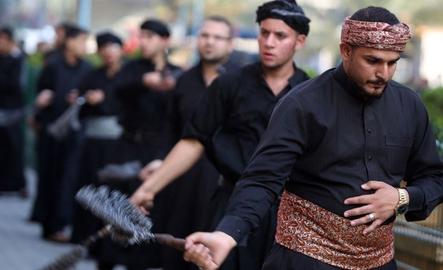

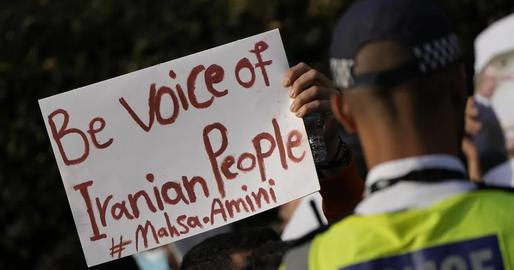
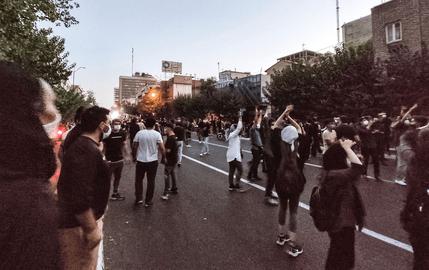


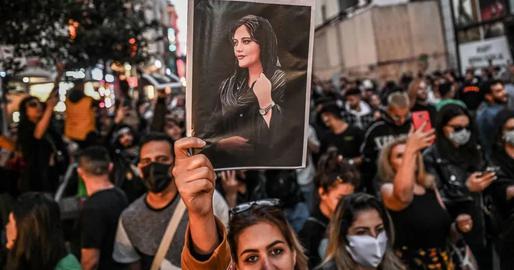
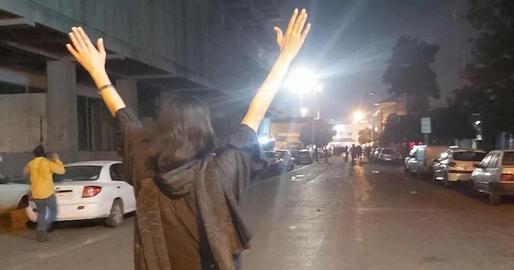

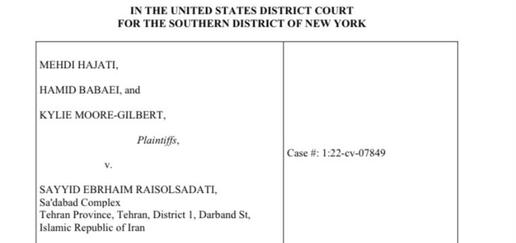

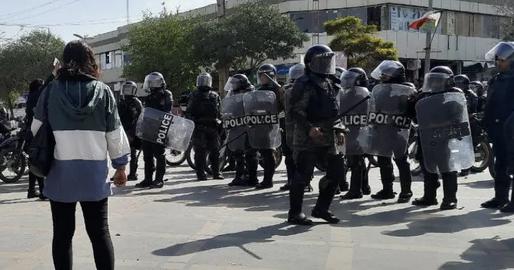
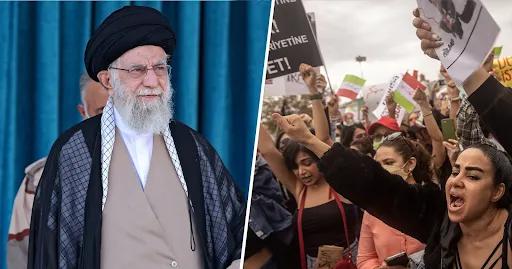
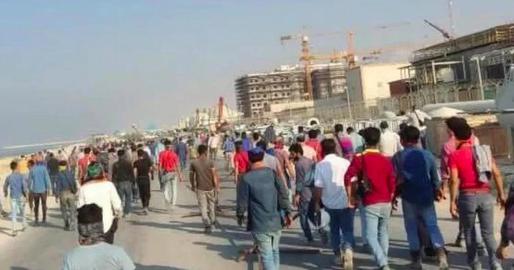

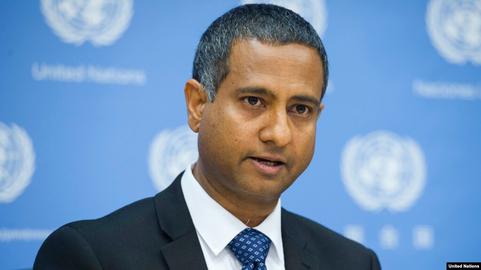
comments